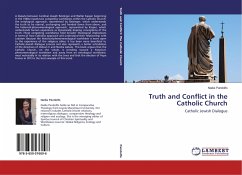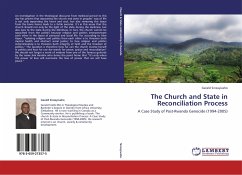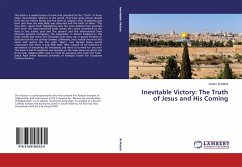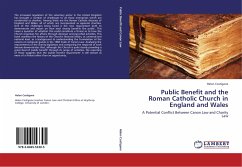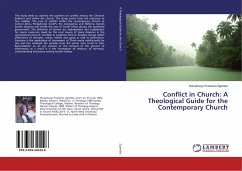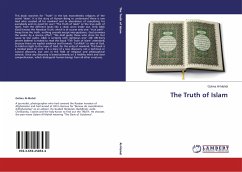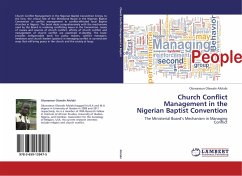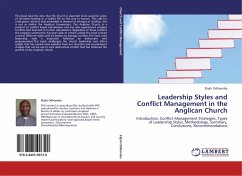A dispute between Cardinal Joseph Ratzinger and Walter Kasper beginning in the 1960s reveals two competing worldviews within the Catholic Church: the ontological approach, represented by Ratzinger, which understands the truth to be eternal, unchanging and handed down from above, and the historical-phenomenological approach, represented by Kasper, which understands human experience as dynamically shaping conceptions of the truth. These competing worldviews hold broader theological implications in terms of how Catholics approach and understand their relationship with Judaism. Because the historical-phenomenological worldview is more open to the experience of the religious other, it has been more beneficial to Catholic-Jewish dialogue process and also represents a better articulation of the directives of Vatican II and Nostra Aetate. This book argues that the Catholic Church, on the whole, is trending toward a historical-phenomenological worldview and away from an ontological worldview, most noticeably in its relation with the Jews and that the election of Pope Francis in 2013 is the best example of this trend.
Bitte wählen Sie Ihr Anliegen aus.
Rechnungen
Retourenschein anfordern
Bestellstatus
Storno

